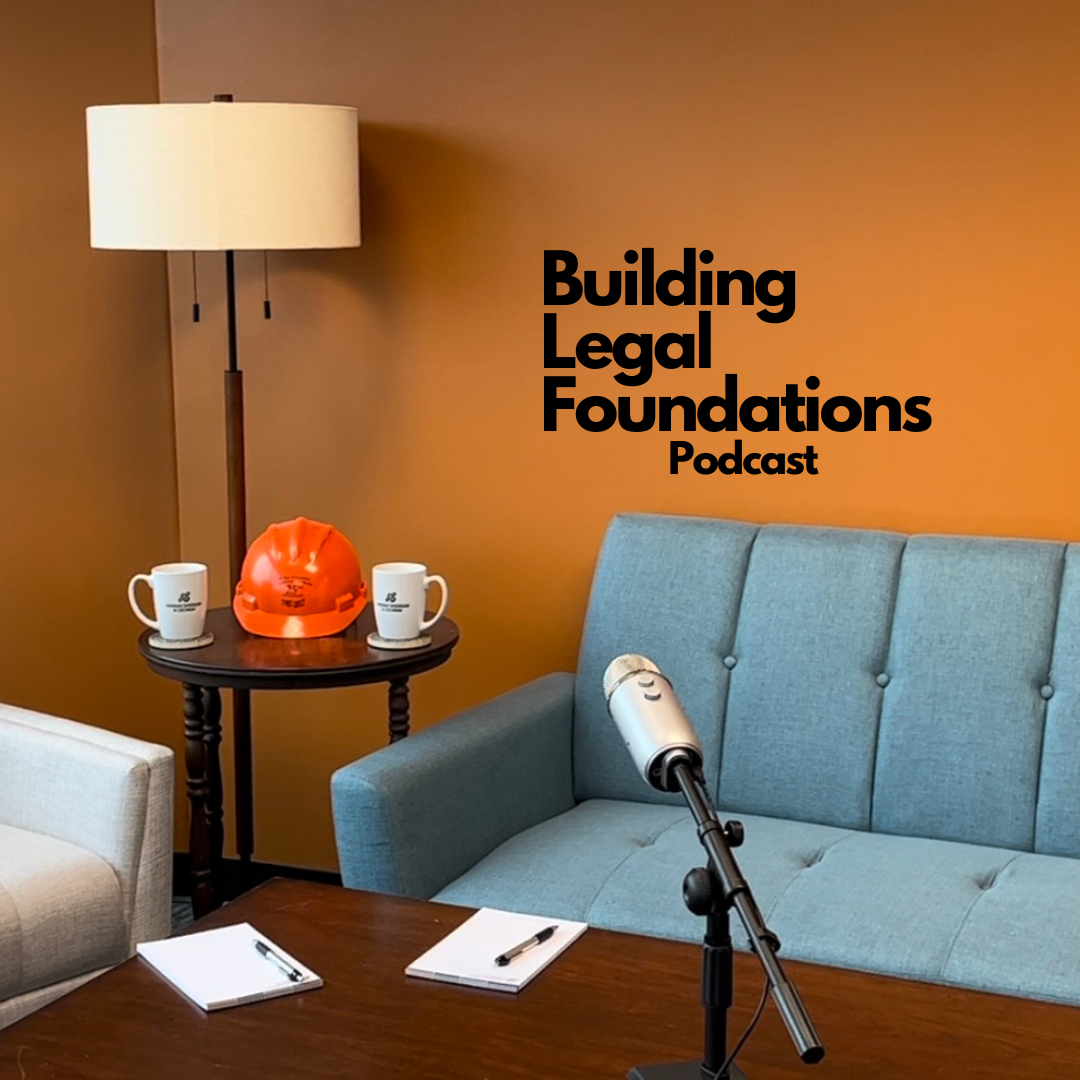Hannah Sheridan & Cochran's own podcast, previously available via Spotify, is now available to listen…
Legislature Looking at Lien Law … Again
Have you ever started the lien process only to discover that the entity for which you performed the work was leasing the real property? Has your attorney explained that your lien is only as good as the terms of the lease and that most leases have a clause that terminates the lease in the event a lien is filed? The North Carolina Court of Appeals was asked to review a case that took this kink in the lien law one step further – owner of the real property leased to a developer who subsequently entered into a sublease with a builder. As soon as the builder completed construction and sold the house, the sublease terminated and with it any real property lien rights of subcontractors. In a concurring opinion, one of the judges begged the legislature to examine this loophole.
Beginning with a meeting on January 21, 2014, a study committee authorized by the North Carolina General Assembly took on the judge’s challenge. From a legal and constitutional standpoint, this issue is extremely complicated which is why it has waited to be considered alone as opposed to being part of last year’s revisions to Chapter 44A.
Representatives Sarah Stevens and Dean Arp are co-chairing this study committee. They are actively seeking input from those in the industry impacted by this loophole. Think of this scenario – an electrician (or pick your trade) comes to you and is upfitting a restaurant in a new high-rise building downtown. They need $35,000 worth of wiring and lighting and related materials, much of which is specially-ordered. You provide all the materials, provide your notices as required by the new lien statute, but after 90-days you are unpaid so you have your attorney begin the lien process. You discover that the property is leased, that the tenant for whom the work was performed ran out of money and had its lease terminated, and another tenant has taken the space and is using it with only minor retrofitting. Your lien on the real property under current law is no better than the leasehold interest of the original tenant who was responsible for paying for all upfit. Since that lease was terminated, you have a lien upon any funds the now defunct tenant might owe the contractor or the contractor owes the electrician, but you have no lien against the real property. The current law places the duty upon subcontractors and suppliers to determine the nature of the business relationship of the owner/tenant(s) before making credit decisions on a project.
We will be following this legislative process and will report back as events unfold. Feel free to contact our office if you have questions.
By: Nan E. Hannah


